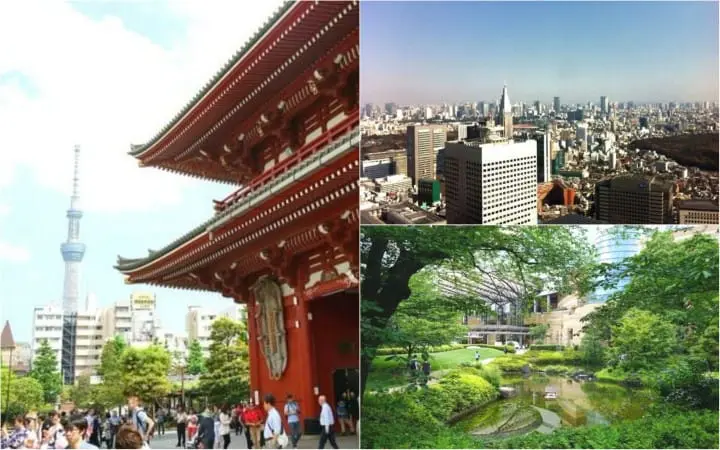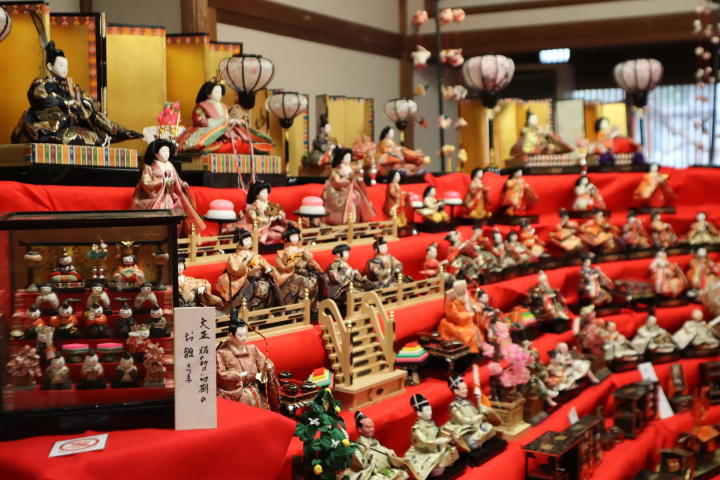Valentine's Day in Japan - An Introductory Guide

Valentine's Day is an international holiday but Japan has its own way of celebrating. We introduce the Valentine's Day customs that you won't find elsewhere.
Valentine's Day in Japan
Valentine’s Day, celebrated on February 14, is an international holiday on which people celebrate love. How people celebrate however varies from country to country, and this is no different in Japan. Today, let’s take a look at the features of Valentine’s Day in Japan.
Japanese Valentine: The Day When Ladies Give Chocolate to the One They Love
In general, Valentine’s Day is a day on which couples express their love for one another in some manner, be it through gifts, going out to celebrate, or some other romantic gesture.
Lovers and married couples may send flowers or cards to each other at work; in some countries people send presents to each other, while in other countries men send flowers to their ladies.
In Japan, however, the situation is a little different.
For the Japanese, Valentine's Day initially began as a day on which people would confess their love for each other. It became customary for a single woman to give expensive chocolates to the man that she had a crush on. This practice began in the 1930’s, by a Japanese confectionery company that started selling Valentine’s chocolates.
Before we talk about the present, here are some important terms to know when discussing Valentine’s Day in Japan.
Giri Choco
People from North America might remember having to give out Valentine’s cards to everyone in their class as a child, in order to not leave anyone without a Valentine. There is a slightly similar practice in Japan.
Giri choco, or ‘obligatory chocolates’, are chocolates that women present to the various men in their life, whether at work or school. These are typically low-priced, store bought chocolates that can be purchased in bulk. The message given by giri choco is “I appreciate you as a friend only” or “thank you for being my friend”.
On the other hand, honmei choco (‘true feelings chocolates’), is the term used for those high quality chocolates that are given to the person you have feelings for.
Recent Valentine's Day Trends
The practice of handing out giri choco has not changed over the years, save for in the variety of chocolates available and in the number of shops selling chocolates and other foods specifically for this purpose. Everything from band aid shaped chocolates to chocolate dinosaurs to liquor-filled chocolate bottles can be found at any of the numerous department and variety good stores in Japan - for a limited time only.
Places like Tokyo SkyTree, Tokyo Tower, aquariums, restaurants and other establishments all throughout Japan have special Valentine’s events ranging from special illuminations, Valentine’s limited night hours, exclusive menus and more just for this day.
Although it was once common for people to purchase their honmei choco, there are many women nowadays that make their own chocolates, cookies, brownies and other sweets to give to the person that they are interested in. According to popular thought, putting your feelings into making the item is more important than the price of the item itself.
Practically everyone from kindergarten age onwards celebrates Valentine’s Day in one way or another in Japan now, and new traditions are being added as the years go by. For example, tomo choco, or ‘friend chocolates’, which are made for your friends to enjoy, are now quite popular among the younger generations.
ライター兼翻訳者、時にマーケティング調査員の顔も。訪日旅行客向けに東京都内レストランメニューの翻訳データ・ベースの作成や、宿・ホテル情報検索サイトの翻訳も手掛けてきました。旅行と食材研究が趣味です。



































![[During Your Kumano Trip] Cape Shionomisaki Tourist Tower](https://resources.matcha-jp.com/resize/720x2000/2025/11/05-249097.webp)

![[Kagoshima] Enjoy Minamisatsuma City to the Fullest! A Guide to the Scenic Beauty and Culture of Five Areas](https://resources.matcha-jp.com/resize/720x2000/2026/02/15-258755.webp)

![[Yufuin]Yufuin in 100 Minutes: Quick Access Guide](https://resources.matcha-jp.com/resize/720x2000/2026/02/15-258738.webp)